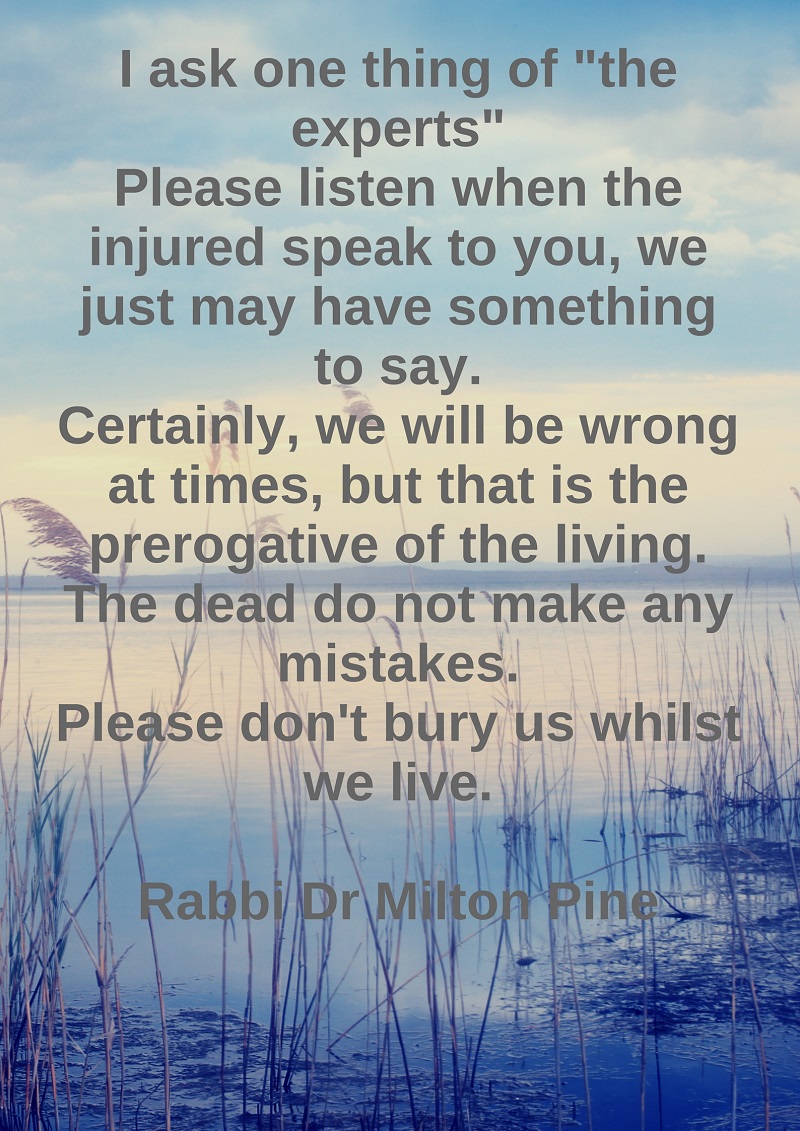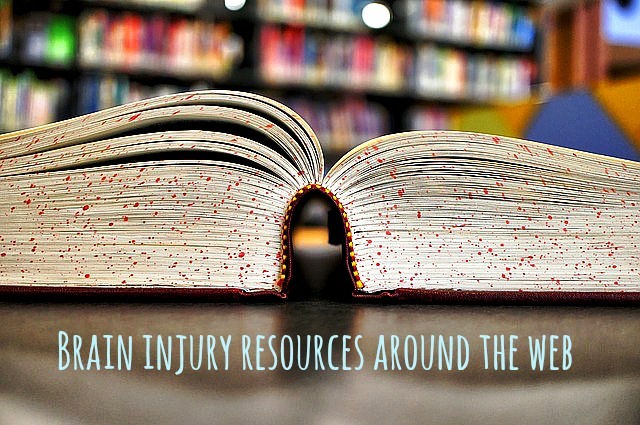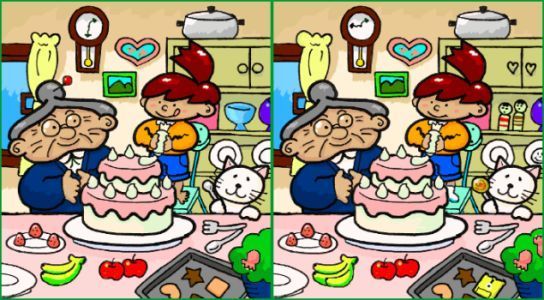Living With Brain Injury
Over the years I have often thought about a paper presented at a Head Injury Council of Australia (HICOA) Conference during the 1990s. Written by Rabbi Dr Milton Pine the paper was insightful, moving and a wonderful personal story of his life before and after brain injury. Some may remember I attempted to quote the last paragraph of Rabbi Dr Milton Pine’s paper in a past article about Ethics. At the time I well remembered the impact of his final words but could not find the paper to quote directly. I have now been given a copy of the paper and permission to present the paper in full here, in the hope it may help others struggling in those early days post brain injury. This year, 25 years after acquiring a significant and life changing brain injury Rabbi Dr Milton Pine died. I knew him for a time over those years and as I said above, I was lucky enough to be…







